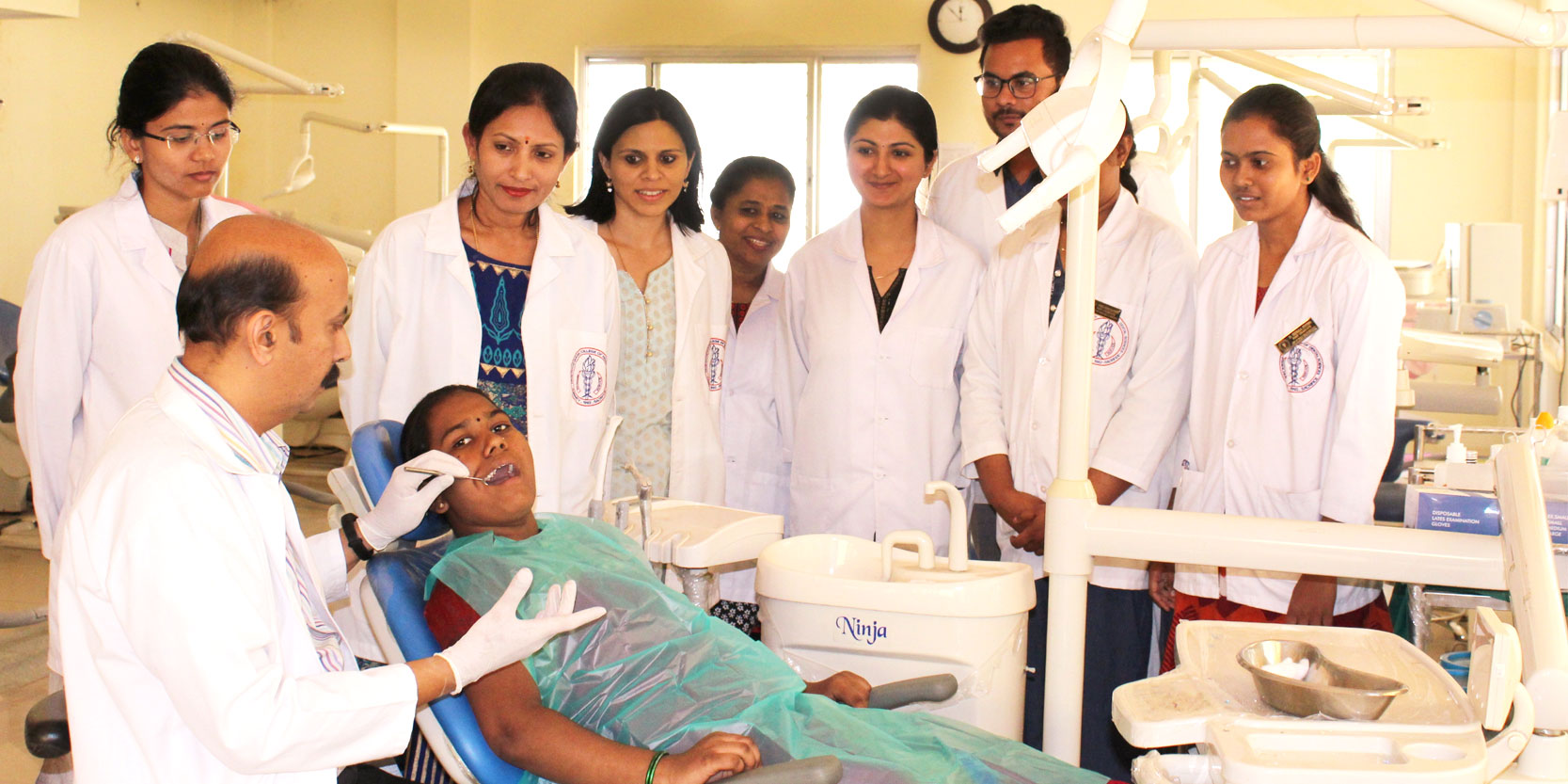Public health colleges play a pivotal role in preparing individuals to address essential health concerns, benefiting Community and shaping the future of health care. Whether you’re interested in disease prevention, health promotion, or policy development, earning a public health colleges opens doors to impactful careers. Let’s explore the core benefits of pursuing a degree at these esteemed institutions.
Focus on Whole-Community Health
One of the most significant advantages of studying at public health colleges is their student-centered approach to health education. These programs emphasize understanding the challenges faced by individuals in underserved regions and exploring how to deliver patient-centered care. Students are trained to develop strategies that enhance health outcomes for Entire community populations, promoting sustainable and compassionate services across different health systems.
Entire community Career Opportunities
A public health degree equips graduates with tools to tackle a wide range of health-related challenges. From epidemiology and biostatistics to health education and global health, the field presents vast career options. Many graduates pursue roles in disease surveillance, health policy advising, or operational research focusing on environmental factors affecting health. Thanks to its interdisciplinary nature, public health prepares students for leadership roles in government agencies, non-profit organizations, hospital systems, and even international health organizations.
Bridging Health Gaps
Public health colleges place an emphasis on studying disparities in health outcomes. By enrolling, you’ll develop a skill set allowing you to tackle such disparities head-on. Topics such as environmental impacts, prevention strategies, and Patient-centered care healthcare solutions that focus on whole-person care are often integral parts of the curriculum. Graduates leave equipped to develop lasting community health improvements and foster partnerships that make a tangible impact.
Hands-On Learning Opportunities
Public health colleges stand out due to their emphasis on experiential learning. Many programs integrate internships, service projects, or collaborative research with healthcare practitioners. These experiences provide a real-world lens into public health challenges while encouraging students to use innovative techniques to solve them. Access to field training ensures that graduates are ready to transition seamlessly into the workforce.
Contribution to Global Health
With increasing interconnectedness, public health careers are no longer confined within a single country’s borders. Students in these programs often engage with global health trends, including migration health and improving health outcomes for women and vulnerable communities. This global perspective enables graduates to contribute meaningfully to international projects that aim to enhance public health and safety on a global scale.
Academic and Professional Growth
Finally, public health colleges foster professional growth by blending theory and practice. Beyond technical skills, students refine their leadership, problem-solving, and critical thinking skills. This foundational training sets them apart as informed professionals equipped to take on modern health challenges.
Transform Your Career in Public Health
A degree from a public health college is more than just an educational achievement. It’s a step toward creating healthier, stronger communities through strategic problem-solving and evidence-based practices. Whether you’re passionate about public health initiatives or want to explore evidence-driven solutions for challenges impacting community well-being, public health education offers the perfect opportunity.

